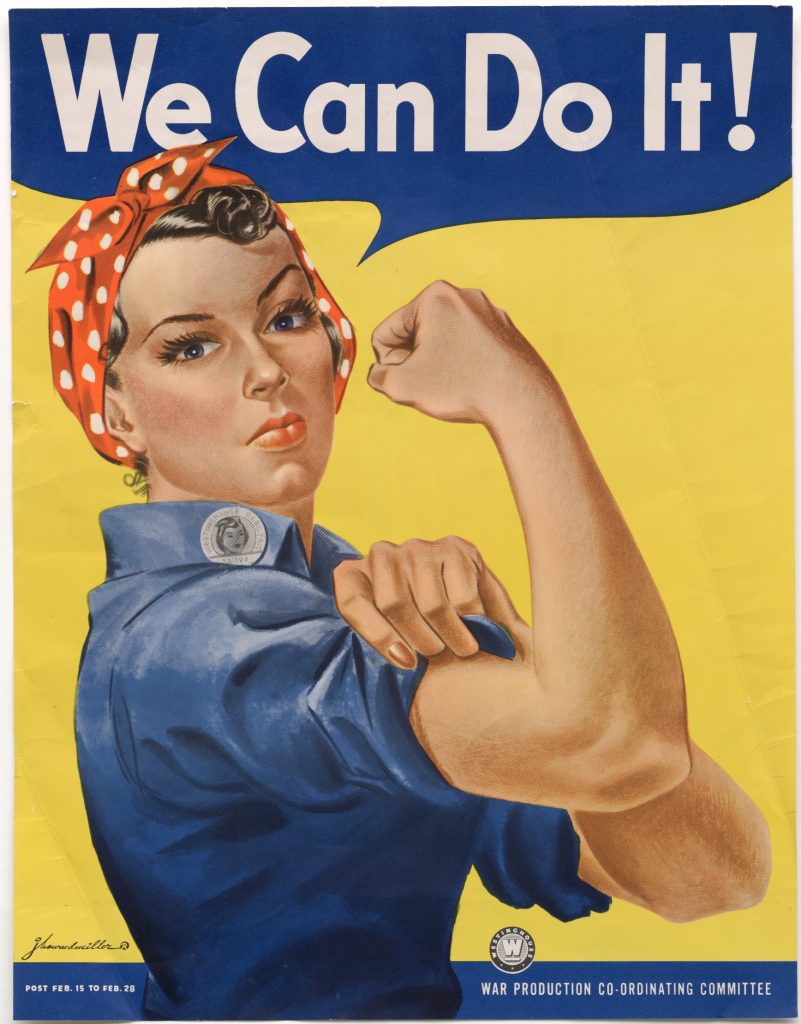Five Ways the Enterprise Can Encourage Women in the Workforce
Posted March 08, 2019 by Cindy Pitrat
Happy International Women’s Day 2019!

As the global community takes a moment to celebrate women and reflect on our achievements (a personal shout out to retired Colorado Supreme Court Justice Nancy Rice and US Supreme Court Justice Ruth Bader Ginsburg for inspiring me), I think we can all agree that there is still more to do. And, on this day, it seems especially pertinent to discuss what more organizations can do to embrace the women in their workforce. As a sponsor of the Advanced Energy Women’s Leadership Forum, our employee group focused on raising up women leaders, I seek to empower women both personally and professionally and have had the opportunity to be an advocate for the needs of women as corporate decisions get made. Out of those experiences comes my top five list of ways I believe, at a corporate level, the enterprise can better support its women employees.
1 - Embrace flexibility.
Despite a myriad of evidence (here, here and here, for starters) that flexible work arrangements make for a more productive, and generally more engaged, workforce, many organizations have yet to embrace the concept – to their own detriment, according to multiple studies.
For women, who are often primary caregivers, flexible work arrangements are much more personal than being able to simply work from home. These arrangements bring greater peace of mind, enabling them to be more engaged when they’re “on the clock,” because they know they’ll be able to take a child to soccer practice or a parent to a much-needed doctor’s appointment.
Organizations who are indeed serious about supporting women will, at every level of their organization, re-evaluate their approach to monitoring employee performance - moving away from a “bodies in seats” mentality toward a more holistic productivity mentality. There is plenty of evidence to suggest that doing otherwise puts not only women, but the organization itself, at a disadvantage.
2 - Prioritize mentorship.
To be frank, I have few examples of institutionalized mentorship programs offering long term benefits, primarily because it’s often difficult to manage / monitor a mentor-mentee relationship over the long term. As such, I suggest organizations take a new approach to encouraging mentorship – one that focuses less on “Mentor Programs,” and more on training. Much like the old colloquialism, “give a man a fish…,” taking a training-centric approach teaches an employee “to fish.” Teach your workforce how to establish mentoring relationships (especially since some of the best mentoring relationships are likely to occur outside your organization), how to embrace diversity of thought, how to bounce ideas off other colleagues and how to work through issues. The skills are likely to empower your workforce to create their own mentorship opportunity and to gain additional confidence in approaching valued colleagues.
3 - Sponsor memberships in trade associations or networking organizations.
There are a host of capable organizations and associations that can empower women, either as a core part of their mission or as a secondary outcome of collaborating with peers across their industry. From my perspective, there are a multitude of quality industry organizations (e.g. – SEMI or The Association of Manufacturing Excellence), local organizations (e.g. – the Fort Collins Chamber of Commerce or the Colorado Advanced Manufacturing Association), women-focused organizations (e.g. – Women in Manufacturing or Women 2.0) and professional organizations (e.g. – Toastmasters or The Alliance of Professional Women) that can serve an important role in enabling women to learn new skills, connect to other like-minded individuals, flex their expertise and simply have some fun.
Organizations should be proactive in encouraging their employees to take advantage of these third-party groups – not only to garner more value from their membership dues but to use them as a de facto educational opportunity.
4 - Listen.
Although it seems like an obvious choice for enterprises to develop effective ways of listening, the fact remains that organizations still struggle to hear the voices of their employees, especially the portions of the employee populations who do not, by nature, speak up. Regardless, and especially in a tight labor market, it is critical that employers foster a deep respect for employees and demonstrate an intention to act on what employees tell them.
What does that mean exactly?
- Create an open-door policy, both literally and figuratively.
- Create opportunities to listen. This can be as simple as managers asking for candid feedback. It can also mean taking your annual employee opinion survey seriously or providing adequate time for Q&A during all-hands meetings.
- Establish focus groups or employee task forces to tackle organizational issues and drive change.
- Read those online reviews.
When individuals are not comfortable to (respectfully) voice their opinions, they do not bring their “full self” to the organization, which means, quite simply, that the organization doesn’t get the engagement from their employees that’s necessary to get the job done.
5 - Review recruiting policies.
Enterprises, take a critical eye to your recruiting policies and commit to best practices. What may be keeping diverse candidates from applying? Do all potential candidates have access to jobs being posted? Does the company look for candidates that are a “culture add” instead of just a “culture fit?” Does the company appeal to the type of talent you want to attract and retain? Poll existing employees for insight. Additionally, training staff on topics like implicit bias can go a long way toward creating a more welcoming environment for employees, regardless of race, gender, sexual identity or ideology.
Here at AE, we’re working on all of this, and making meaningful steps to focus on diverse talent development in order to see the net benefit to our business.
I am confident that, at a macro level, corporate culture is headed in the right direction and we are beginning to realize positive change. And that is something to celebrate!



